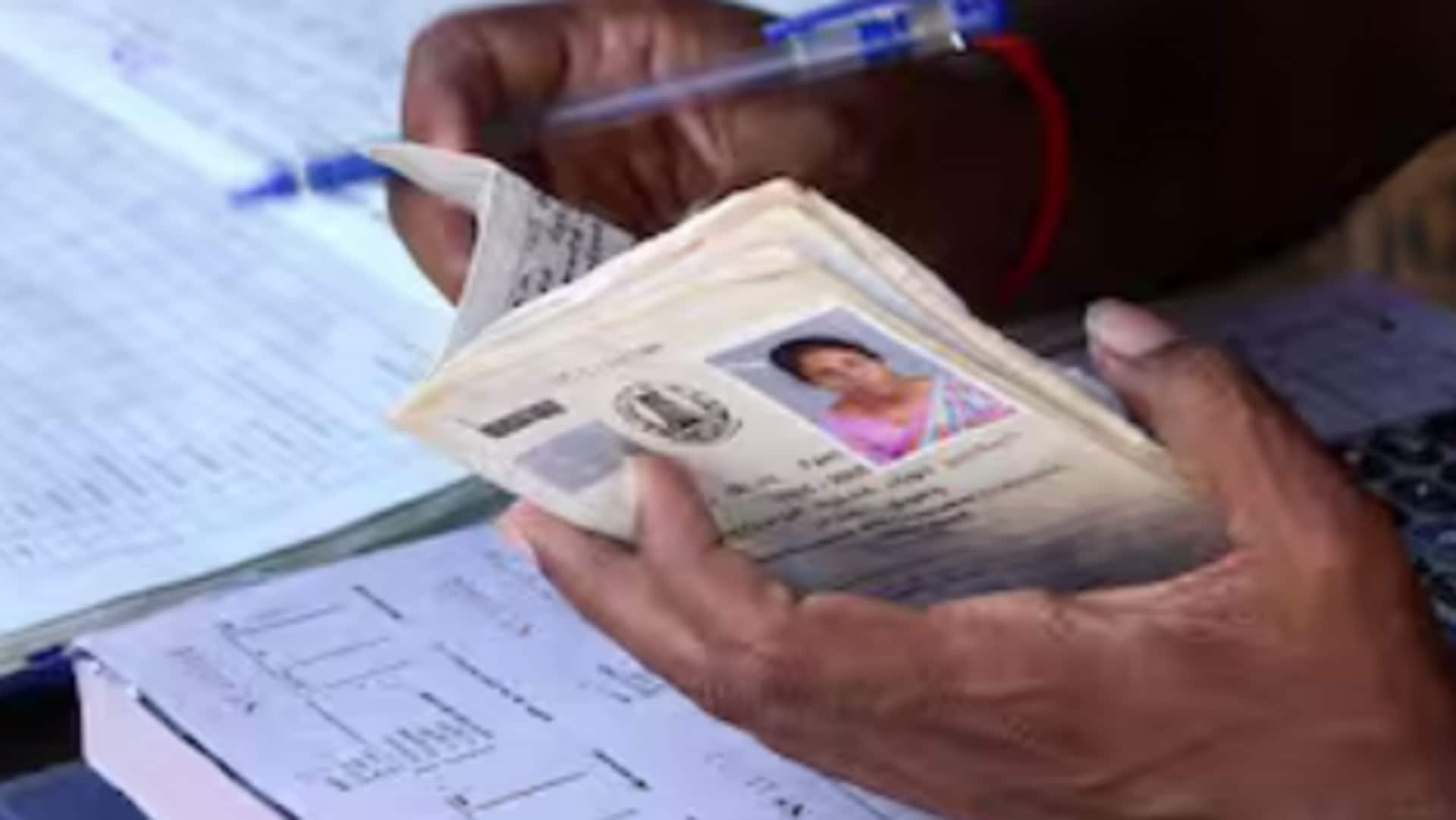This is how you can update your ration card address
What's the story
Changing the address on your ration card may seem like a daunting task, but with the right techniques, it's manageable.
Here are some practical insights to help you navigate the process efficiently.
Whether you're moving to a new city or just down the street, these expert tips will guide you through each step of updating your ration card address without unnecessary hassle.
Document checklist
Gather necessary documents
Before you start the address change process, make sure you have all necessary documents at hand.
Generally, you would require proof of residence like a utility bill or rental agreement and ID documents such as Aadhaar card.
Having these documents in place beforehand can save time and avoid delays in processing your request.
Office visit
Visit local ration office
A visit to your local ration office is usually required for an address change.
It is recommended to visit during non-peak hours to avoid long queues.
At the office, you will have to submit your application along with supporting documents.
The staff will guide you through any additional steps specific to your region.
Digital submission
Online application option
Many regions also provide online services for updating ration card details.
Check if the option is available in your area by visiting the official government website.
Online applications can be convenient, as they let you fill-up forms, and upload documents from home, eliminating the need for physical visits.
Status check
Follow up on application status
After submitting your application, keep checking its status online or by directly contacting your local office.
This way, any problems can be resolved in a timely manner and progress can be tracked effectively.
Being aware of your application's status can also help you avoid unnecessary delays in getting your updated documentation.
Documentation backup
Keep copies of all submissions
Always keep copies of all submitted forms and receipts related to your address change request.
They act as proof of submission and prove useful if there are discrepancies later on.
Keeping a record ensures that you have evidence handy in case any issues arise during processing.
